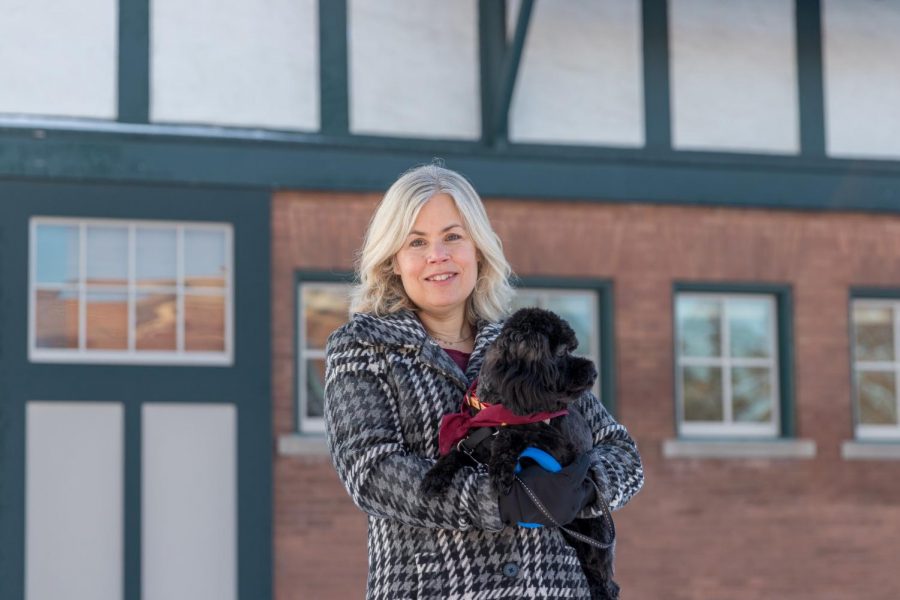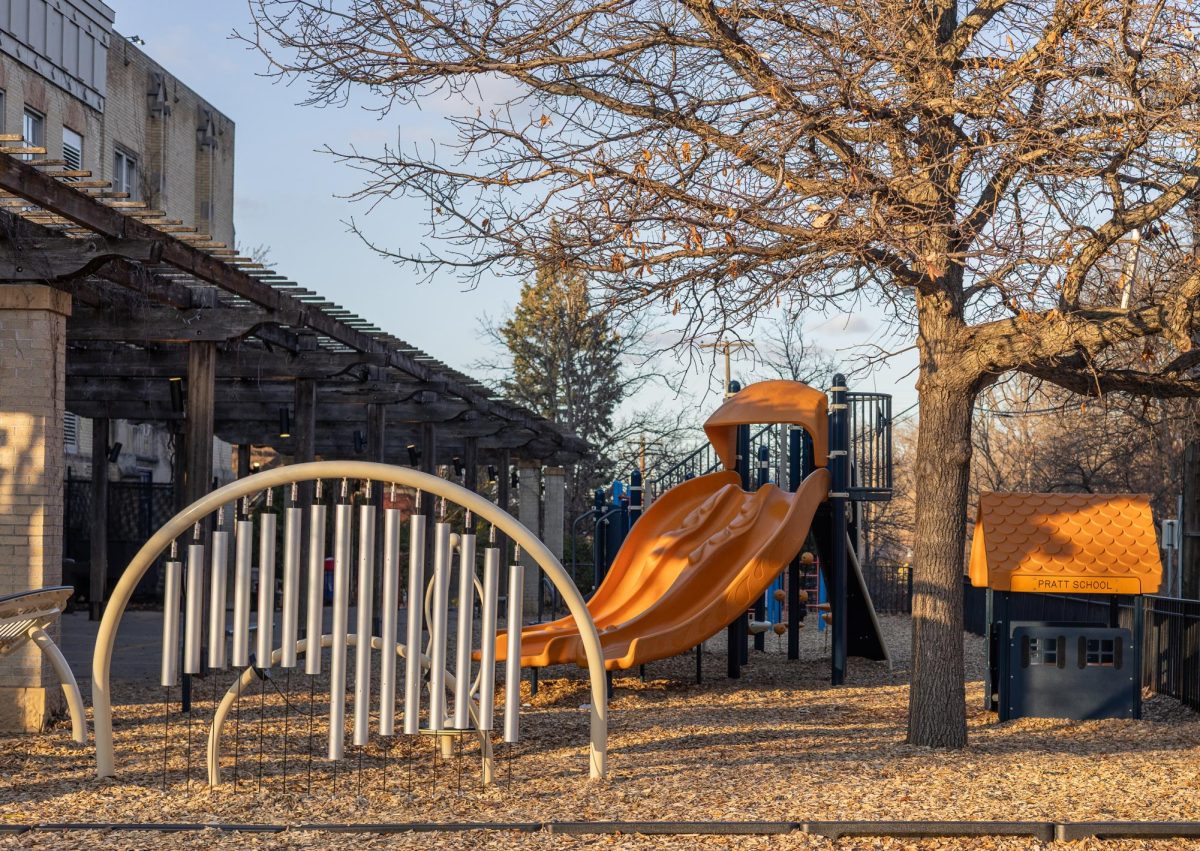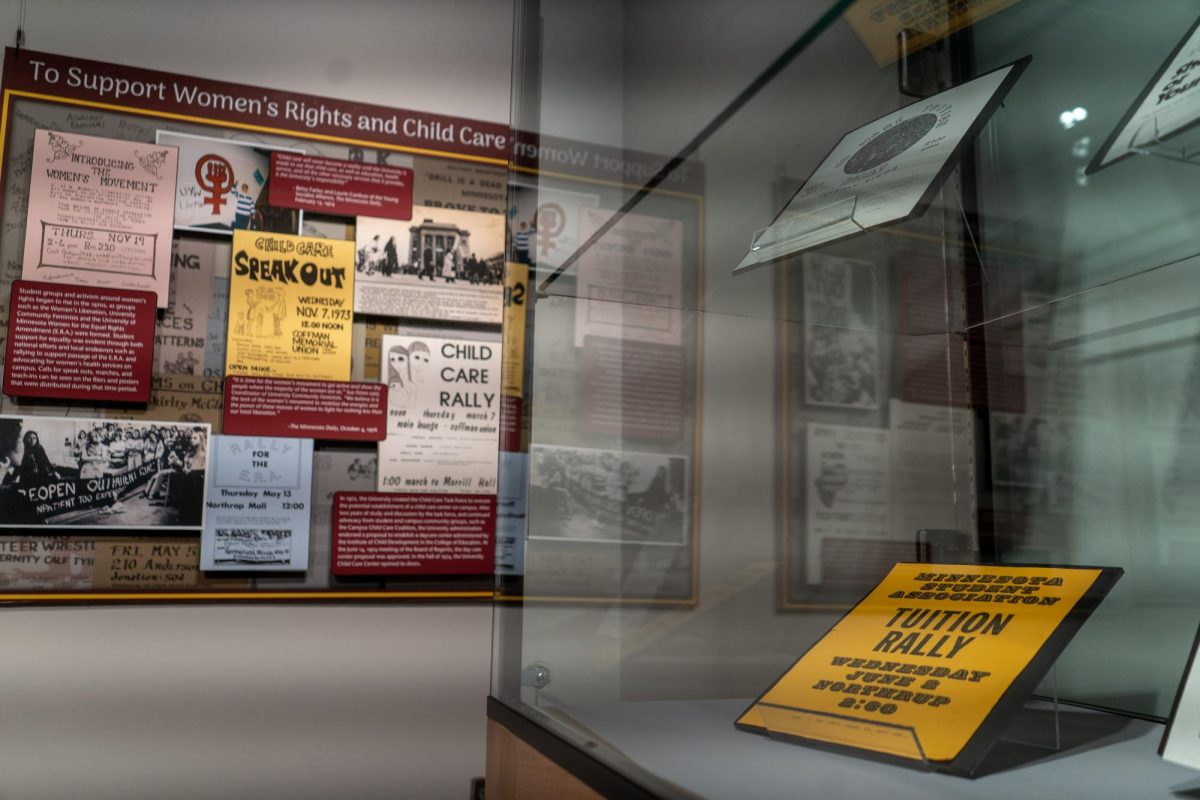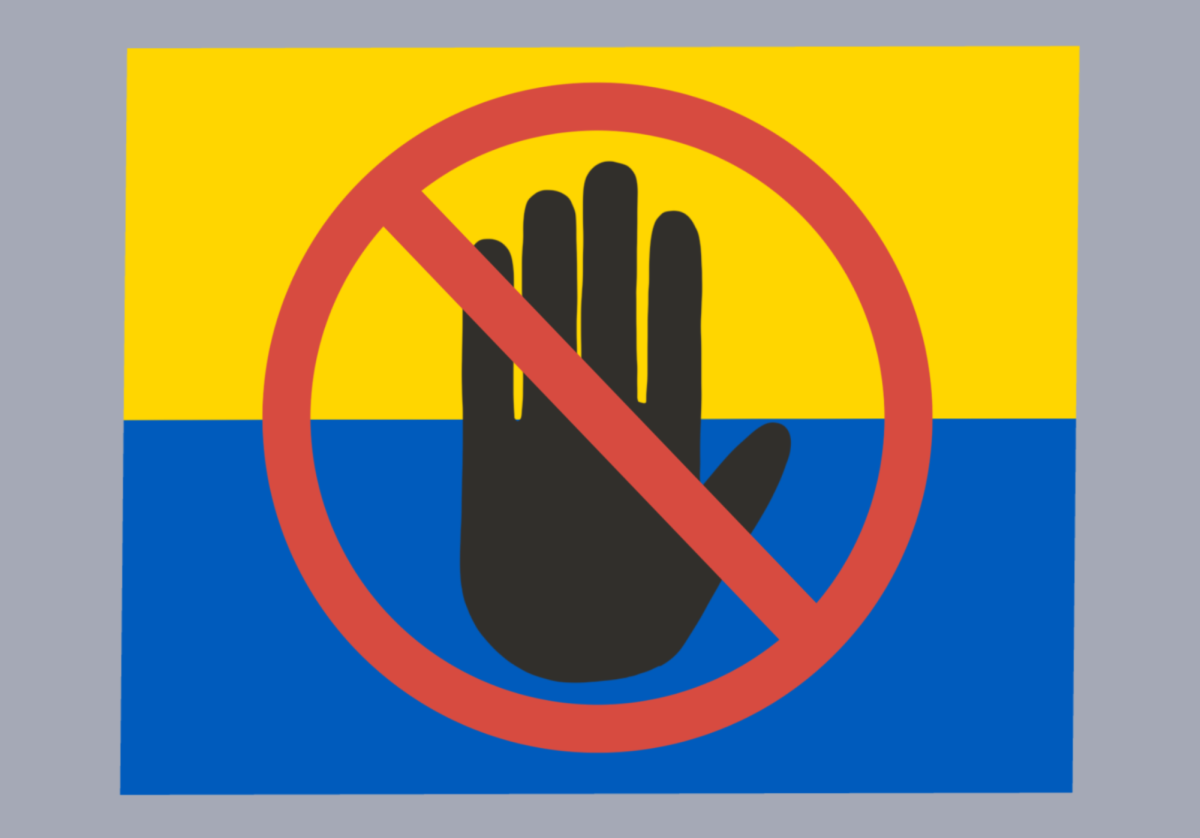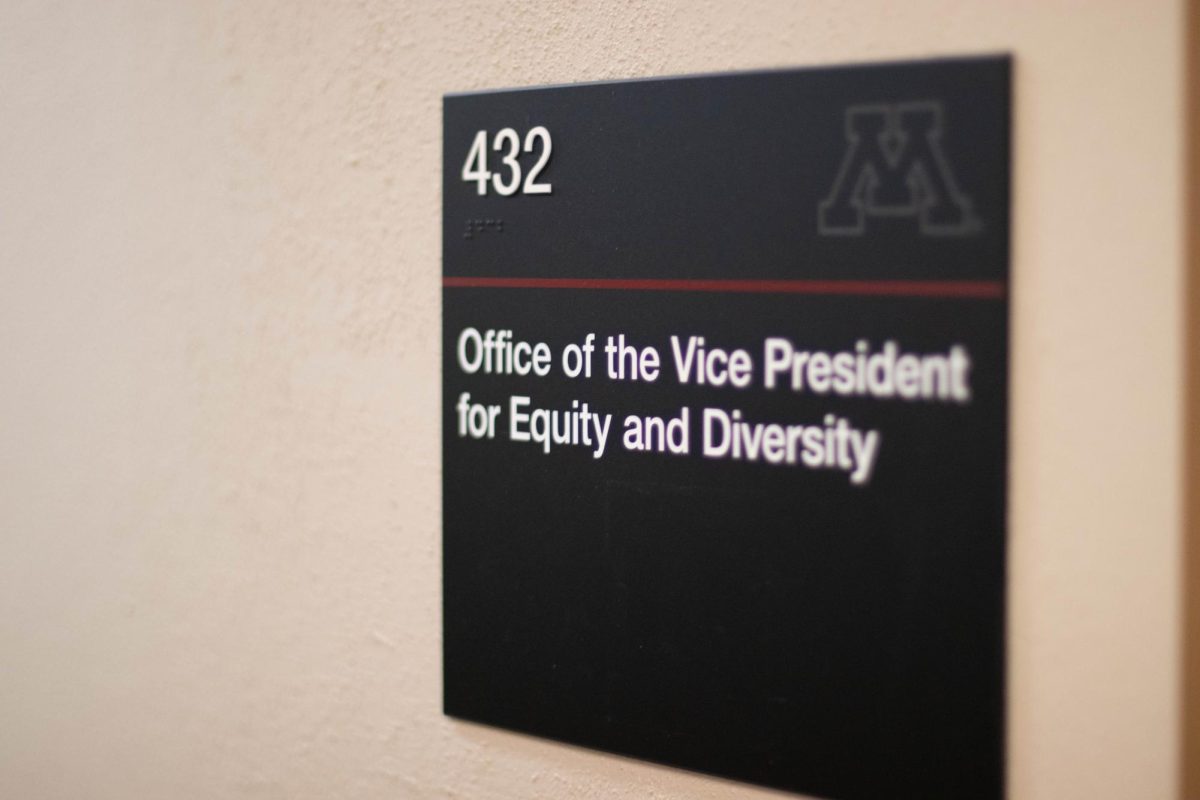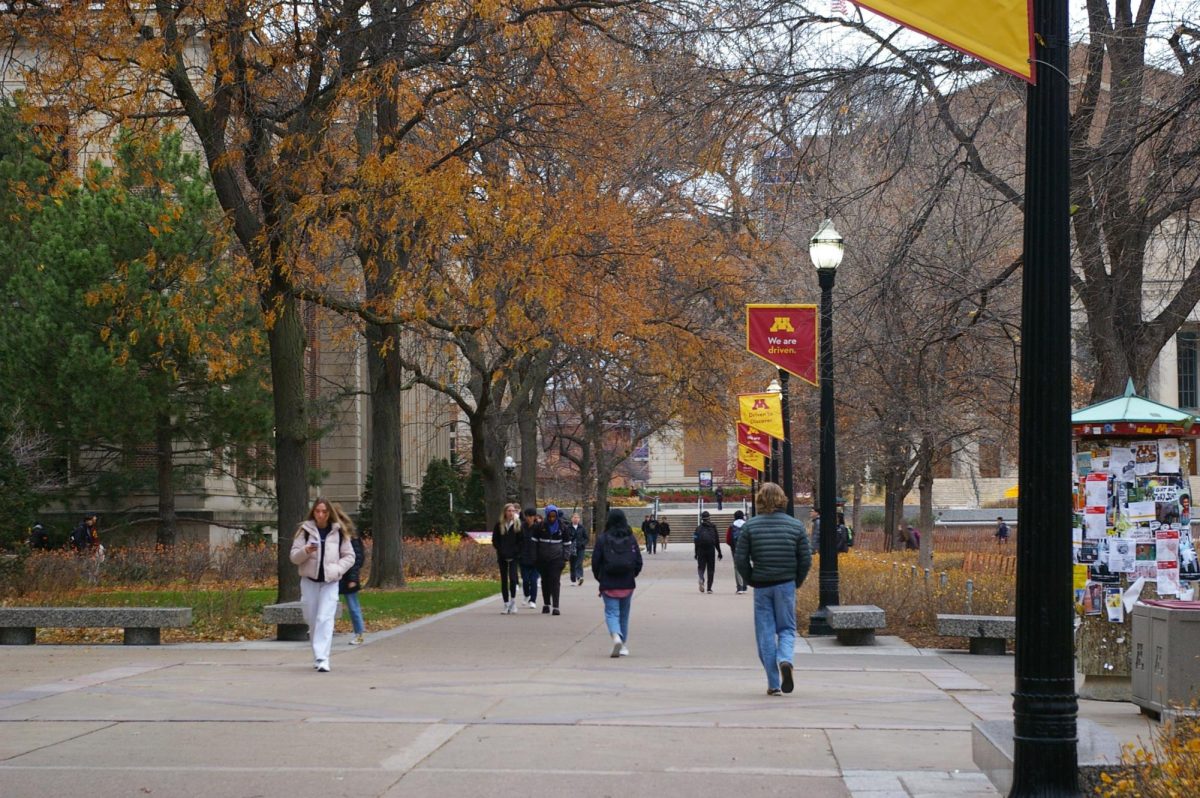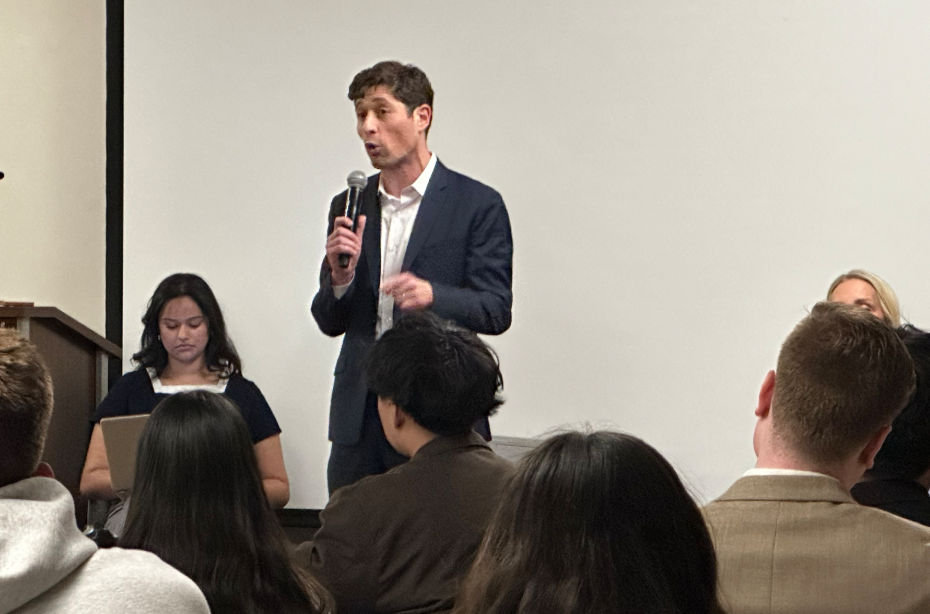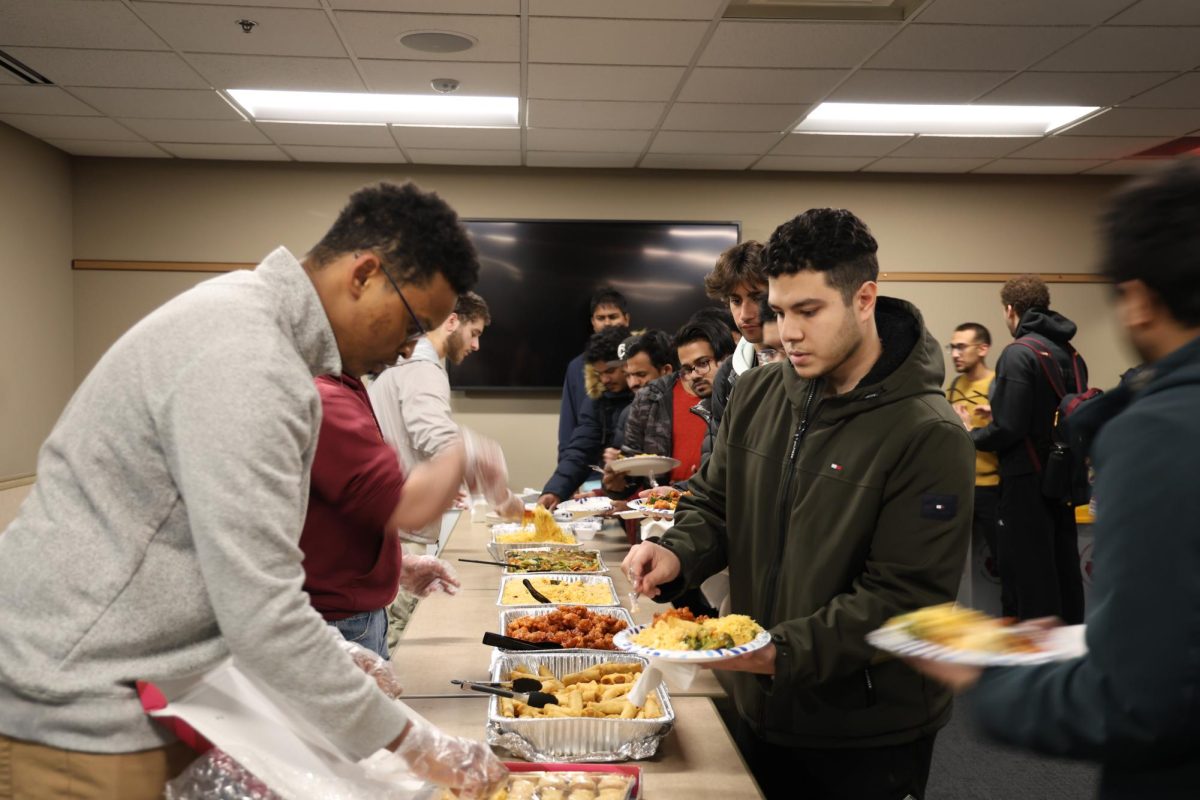Throughout the pandemic, interim University of Minnesota deans have been responsible for making unprecedented decisions, and some have filled their temporary roles for longer than expected.
The University’s hiring restraints have prolonged job searches for some administrative roles in recent months, placing a higher workload on interim administrators. Many of their decisions have involved the shift to online instruction and the freeze of almost all University research, while managing their individual college’s finances.
Some of these administrators occupied these positions prior to the COVID-19 pandemic, while others have transitioned throughout the past several months.
Currently, there are several administrators serving in interim positions around the University. The Office of Human Resources (OHR) is providing individual consultations with these administrators to support them as they navigate their additional responsibilities.
“The Office of Human Resources provides support to leaders all across the University through confidential consultations on HR issues and leadership development. We work with interim and permanent leaders to hone their skills, knowledge, and abilities to navigate challenging and everyday circumstances,” read an OHR statement emailed to the Minnesota Daily.
These additional responsibilities were not expected when accepting the interim dean position, said Laura Molgaard, who has been serving as the interim dean of the College of Veterinary Medicine since August 2019. Molgaard was originally asked to fill the position for one year.
In June, this appointment was extended for until a permanent dean is eventually hired. This timeline is still unknown, Molgaard said.
“I believe during that transition they asked if I would reup for a year. So my appointment is, I believe, until June of 2021. [The contract] may even say, ‘or until such time as a permanent dean is recruited.’ These terms are not set in stone,” Molgaard said.
Michael Rodriguez took on the interim dean position in the College of Education and Human Development in August 2020, after the search for a permanent dean was halted due to the pandemic. Rodrigzues previously served as an associate dean within CEHD.
“The transition wasn’t that dramatic for me. It does place a new level of radar; my radar has expanded dramatically,” Rodriguez said. “The thing that made it smoother is having a really outstanding senior management team and being part of a team, so it’s not all on me.”
Although the interim position is a temporary appointment, Molgaard and Rodriguez both expressed that they do not want to act as “seat warmers” until someone fills the position permanently.
Interim deans need to be just as accountable as permanent deans, Molgaard said.
“Your accountability is not different because you’re an interim. Both the previous provost and the current provost have been very clear and very supportive of the idea that ‘you’re the dean, do your job.’ There isn’t any expectation that you’re keeping the seat warm at all,” Molgaard said.
However, making the position attractive for prospective candidates is an additional responsibility of the interim position, according to Rodriguez.
“When I came into this position, I told the college in our fall assembly that I am not just going to keep a seat warm for the next dean,” he said. “We need to present a college that someone would actually want to be part of and lead. That’s a different perspective from an interim position than if I were appointed dean because if I were appointed dean, I wouldn’t be thinking quite in that frame of mind.”
For Molgaard, an unexpected challenge of the position was the need to focus largely on COVID-19 over the past several months. Work on other long-term projects was delayed but still able to continue, she said.
“The tremendous disruption that the pandemic has caused distracts or competes for our attention to all of the creative strategic priorities that we would much prefer to be focusing all of our attention on,” she said.
Molgaard has also been tasked with making some final decisions regarding instruction delivery that sometimes differ from the rest of the University. Some professional programs within the College of Veterinary Medicine have been able to operate on different academic calendars and continue in-person instruction for longer periods of time, she said.
For Rodriguez, continuing to discuss racial and social justice and promote accessibility has been a main focus throughout the pandemic within CEHD.
“Those bigger scenarios around the pandemic and conscious awareness of racial justice, I think what they’ve gotten us to do is to think out of the box,” Rodriguez said. “We are engaged in all kinds of new approaches to teaching and learning, to doing research and discovery, to doing outreach and service, and we’re learning about new ways of making ourselves accessible.”


